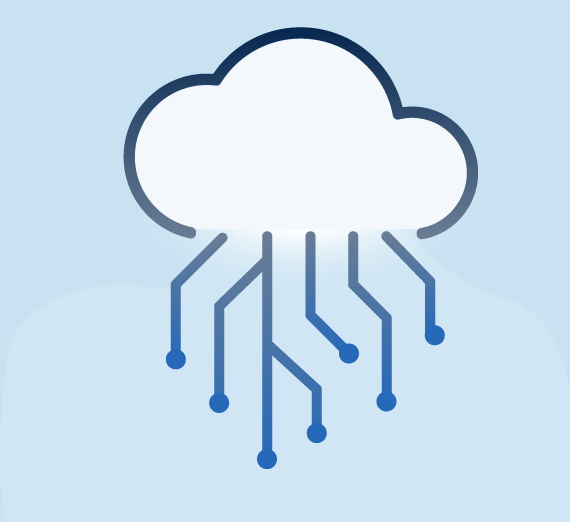
Drive technological advancements by solving problems at incredible speed.
Parallel and cloud computing are methods that make complex tasks faster and more efficient. In parallel computing, a big task is split into smaller parts and each part is processed simultaneously by multiple processors in a single computer or a group of computers.
Cloud computing allows us to access and use different services over the Internet, like databases, storage, servers, and software. Instead of owning and managing the infrastructure ourselves, companies like Amazon and Microsoft take care of it for us.
Parallel and cloud computing are used in many areas, such as scientific research, web servers, and everyday applications like Dropbox, Gmail, and Facebook. They are even used in software and apps that run on computers with multiple cores or processors, making everything work faster and more efficiently.
What can you do with Parallel and Cloud Computing?
- High-Performance Computing (HPC) Engineers optimize and enhance the performance and efficiency of computer systems to tackle complex computational problems and process large amounts of data in a timely manner.
- Cloud Architects specialize in designing and implementing cloud-based solutions, responsible for optimizing infrastructure, and ensuring scalability and security.
- Data engineers and scientists who use distributed computing frameworks to extract insights from complex datasets are highly valued in industries like finance, healthcare, and technology.
- DevOps engineers play a crucial role in streamlining development pipelines and optimizing cloud deployments for businesses.
- Cloud Solutions Architects who design and implement cloud-based solutions for businesses ensure scalability, reliability, and cost-effectiveness in cloud deployments, making them highly valuable.
What you'll study in Parallel and Cloud Computing
In addition to parallel computing platforms, distributed systems, parallel programming techniques, and big data analysis, students explore platforms such as AWS to understand concepts like virtualization, containerization, and scalability. Additionally, data management, network security, and machine learning courses are helpful.

